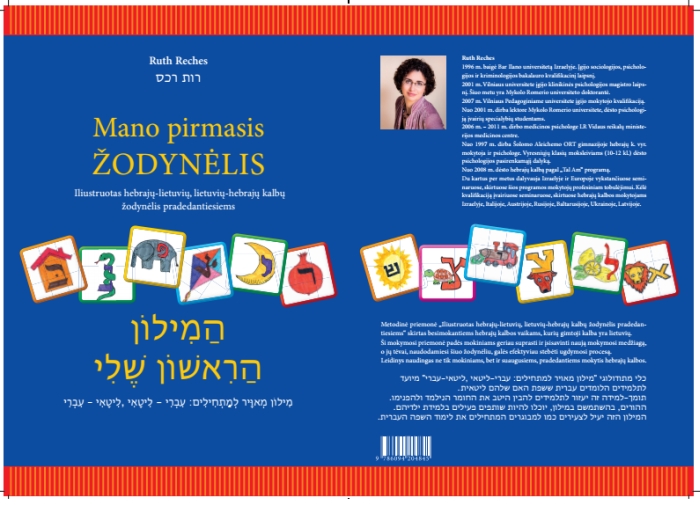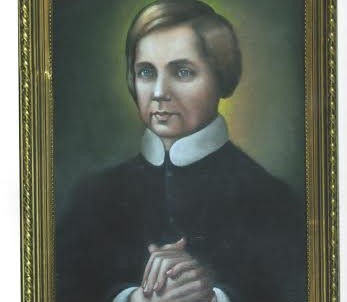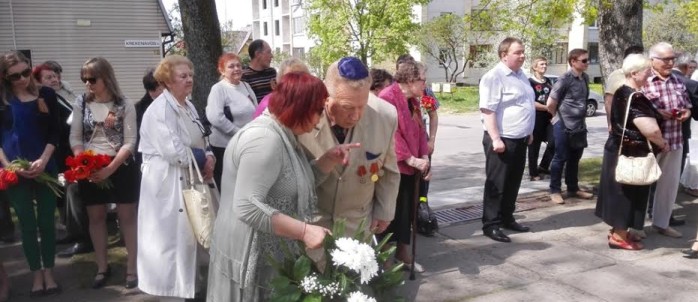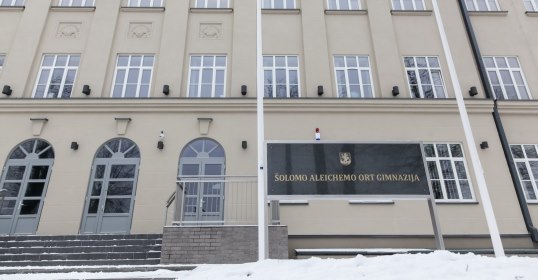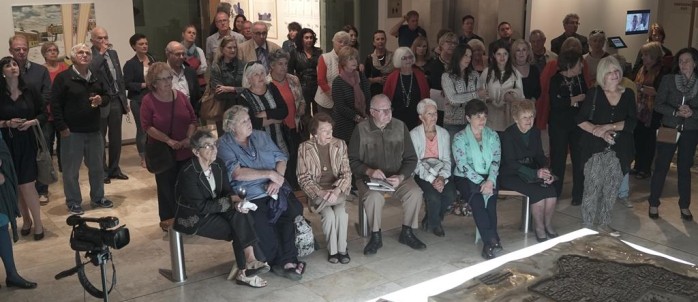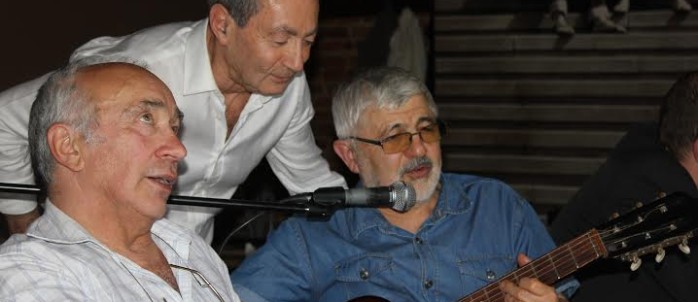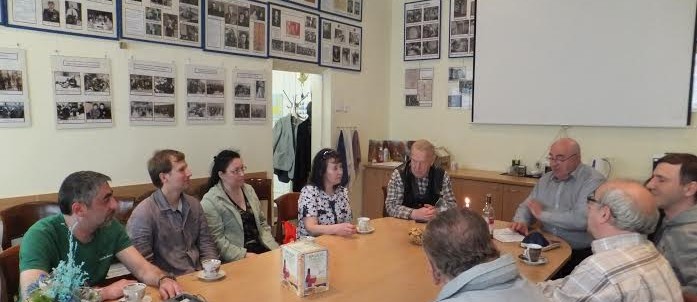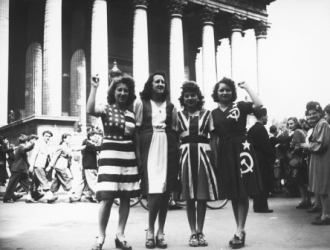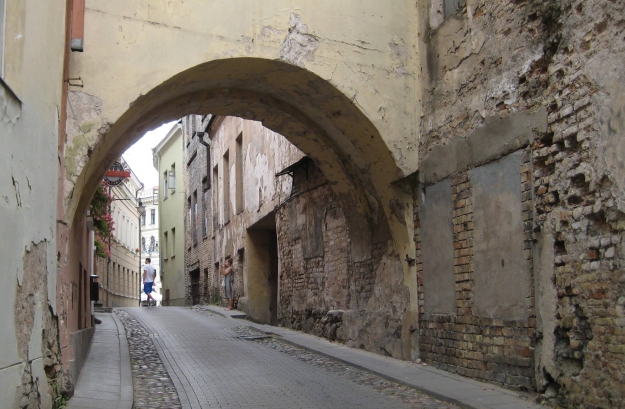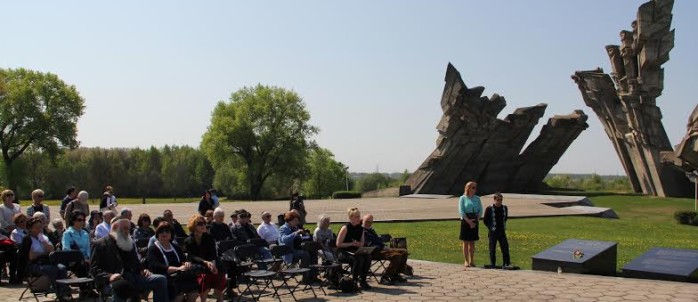
Monument to Holocaust victims, Ninth Fort, Kaunas, Lithuania
A commemoration of the French Jews murdered at the Ninth Fort in Kaunas, Lithuania, took place May 10 at the Ninth Fort Museum. On May 15, 1944, convoy 73 from the Drancy concentration camp in Paris carried off 878 Jews to the Baltic states. Most were taken off the train and shot at the Ninth Fort in Kaunas. Others were transported to a camp in Pravieniškės near Kaunas and then to camps in Estonia. Members of the Association of Families and Friends of the Deportees of Convoy 73 have been coming to Lithuania semi-annually to honor the memory of their murdered loved ones.
Members of the Kaunas Jewish Community attend these commemorations at the Ninth Fort in Kaunas. Close relations between the association and the community have been on-going for more than 10 years now, with informal meetings outside of the official functions as well. Family members who lost loved ones in the transports from France to Lithuania have also forged ties with staff at the Vilna Gaon State Jewish Museum who have sought to furnish more information on the fates of specific train cars. The Kaunas Ninth Fort Museum has a separate exhibit dedicated specifically to the French prisoners murdered there, including French graffiti still extant on cell walls. In addition, the Nazis sent transports of Jews from Austria and Germany to be murdered at the Ninth Fort.


